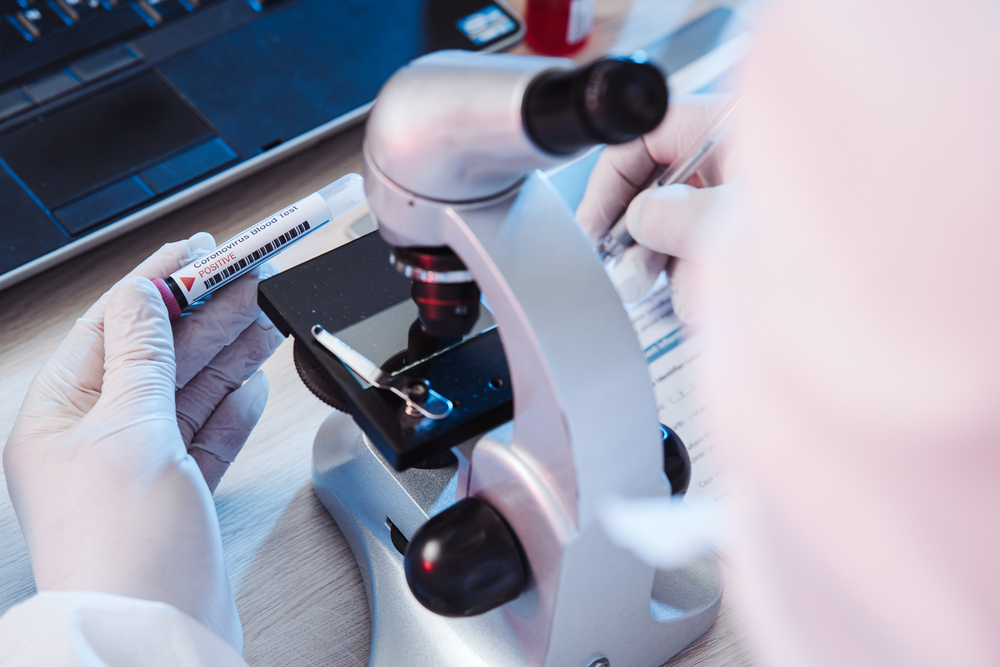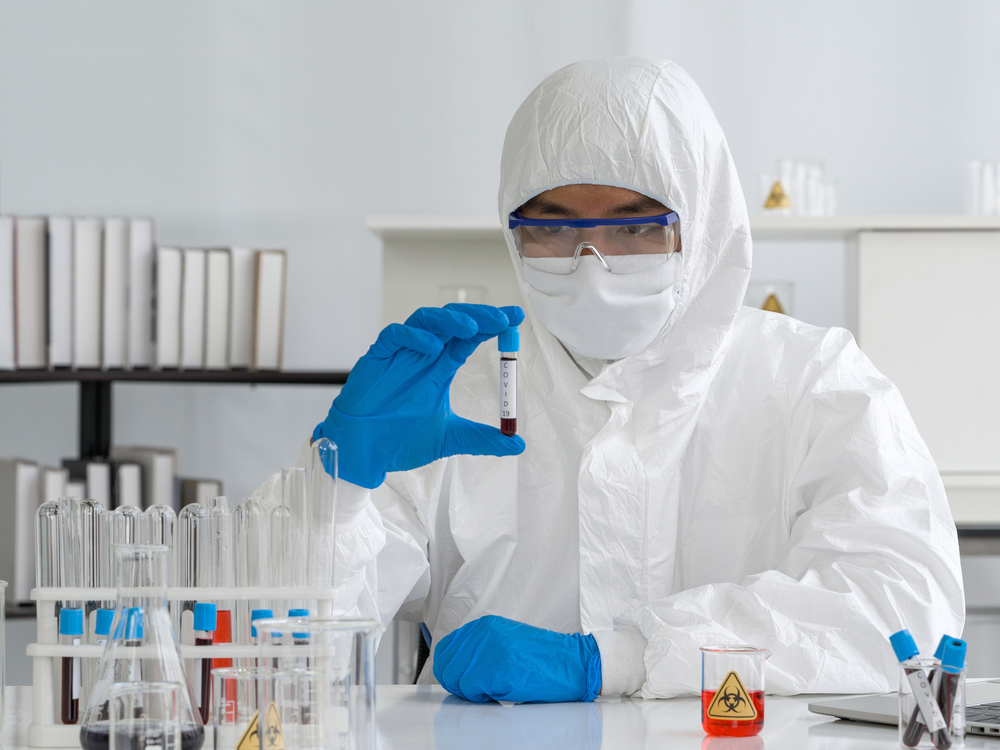
What is Epidemiology?
Epidemiology is the branch of medical science that focuses on the causes and effects of health and disease in a population. It focuses on the distribution and determinants of diseases and other health-related events to prevent and control health problems. Modern epidemiology was founded by Dr. John Snow in 1854 during the cholera outbreak in London. He conducted studies of outbreaks to discover the cause of the disease and prevent its recurrence. Today, epidemiology plays a critical role in public health decision-making by providing evidence-based information that can guide:
- policies
- interventions
- resource allocation
The field of epidemiology can help us understand the natural history of diseases and evaluate the impact of specific interventions. They use this information to develop strategies to improve population health.
See Also: The 10 Best Masters of Health Administration Programs Online
What is an Epidemiologist?

Epidemiologists are scientists who study the patterns and causes of disease within a population. They are highly trained professionals who use data to understand the distribution and determinants of diseases. Epidemiologists have a variety of job responsibilities that may include:
Disease Surveillance: This involves monitoring and tracking the occurrence of infectious diseases by analyzing data from different sources.
Investigation of Disease Outbreaks: Epidemiologists are often called to investigate the causes and modes of transmission to help control and prevent further disease spread and negative health outcomes.
Data Collection and Analysis: Epidemiologists conduct studies to gather data on disease prevalence and risk factors. They use advanced statistical methods to analyze and interpret data to identify patterns and correlations.
Identification of Risk Factors: Epidemiologists work to identify and understand risk factors that are associated with diseases or health conditions.
Epidemiologists work in a variety of different organizations including:
- The Centers for Disease Control
- health insurance companies
- pharmaceutical or biotechnology companies
- statewide health departments
- clinical practice
- medical device companies
See Also: Top 36 Best Scholarships for MPH Degrees
What are the Different Types of Epidemiology?
What does an epidemiologist study? There are several subfields and areas of specialization in the field of epidemiology. Some of these include:
Descriptive Epidemiology: This type of epidemiology involves the collection and analysis of data to identify patterns and trends. These professionals study disease prevalence, incidence, and mortality rates.
Infectious Disease Epidemiology: This specialized area focuses on the study of infectious diseases. These epidemiologists assess the impact of interventions of things like vaccinations and antimicrobial therapies. They also develop strategies for outbreak control. Infectious disease epidemiologists work closely with public health workers and policy makers on public health initiatives.
Social Epidemiology: Social epidemiology is an area that focuses on social, economic, and cultural factors that influence health outcomes and disparities. They study acute and chronic diseases in different populations.
What is Epidemiological Research?
Once you enter the professional world of epidemiology, the bulk of your career will be centered on conducting research, often referred to as epidemiological studies. The information obtained through various epidemiological research methods is applied in several ways in both the public and private sectors all with the common goal of improving community health outcomes through:
- policy change
- educational outreach
- other treatment and prevention strategies
What Degree Do I Need?
There are different types of degrees available to students who want to work in the field of epidemiology. Epidemiology graduates are prepared to work in a variety of settings including local health departments, the pharmaceutical industry, and academia. The most popular degrees are the bachelor’s degree in public health or epidemiology and the master’s degree in epidemiology. The master’s degree program may be offered as a stand-alone degree, but often epidemiology is a concentration within a Master of Public Health or MPH program.
Over the course of earning your MPH in Epidemiology, you will learn a lot of different information and skills that will lay the foundation for your career. You will take a range of courses that serve to prepare you to have a career as an epidemiologist and complete epidemiological studies. In pursuit of your degree, you will cover the core competencies of public health, and then you will learn how to:
- collect medical data
- conduct research
- analyze your findings
- determine the application of the information you’ve gathered
You will learn about climate and health, social determinants of health, biostatistics, and more. The entire purpose of the program you’ll complete is to give you the knowledge and skill to effectively conduct your own studies in your career. But why are epidemiological studies so important? Public health on a small and global scale can always stand to improve; collecting medical data and using it to create forward movement and improve the health outcomes in global populations is the best way that we can continue to make the world a happier, healthier, and safer place.
Why are Epidemiological Studies Important?

The goal of any epidemiological study is to acquire an accurate picture of a particular health problem or disease. Epidemiological studies are used to determine the frequency of specific health problems, identify patterns in occurrences of the problem, identify any potential causes and risk factors, and evaluate the efficacy of preventative measures and treatments. That information is used to:
- create strategies for the prevention and treatment of health conditions
- preserve public health
- implement better policies
Epidemiologic research has the potential to influence governments, public health agencies, and medical organizations’ policies and practices, effectively shaping them to serve their communities better and promote positive health outcomes. An example of this in action is the Combating Autism Act of 2006. An epidemiological study found that the prevalence of autism had drastically increased, Congress passed the act in question, which allocated one billion dollars towards research, education, and service that would help decrease the prevalence of this particular health problem.
Another epidemiological study looked at the connection between tobacco smoking and lung cancer. Epidemiology research was able to look at the relationship between different biomarkers in the body and environmental specimens to predict risk factors.
Making positive changes in healthcare is the main goal of any epidemiological study. Findings of these studies can be used by hospitals to help them better manage a patient that has a particular disease. They can also be used to create educational programs that help people stay informed about their health and any potential risks they’re facing. An epidemiology study can be used to demonstrate when a particular policy is falling short. Another smaller goal of any epidemiological study is to continually improve methods of research. Public health is an incredibly important part of ensuring people can live great lives, and with an MPH in Epidemiology, you will be readily equipped to confront health problems through research.